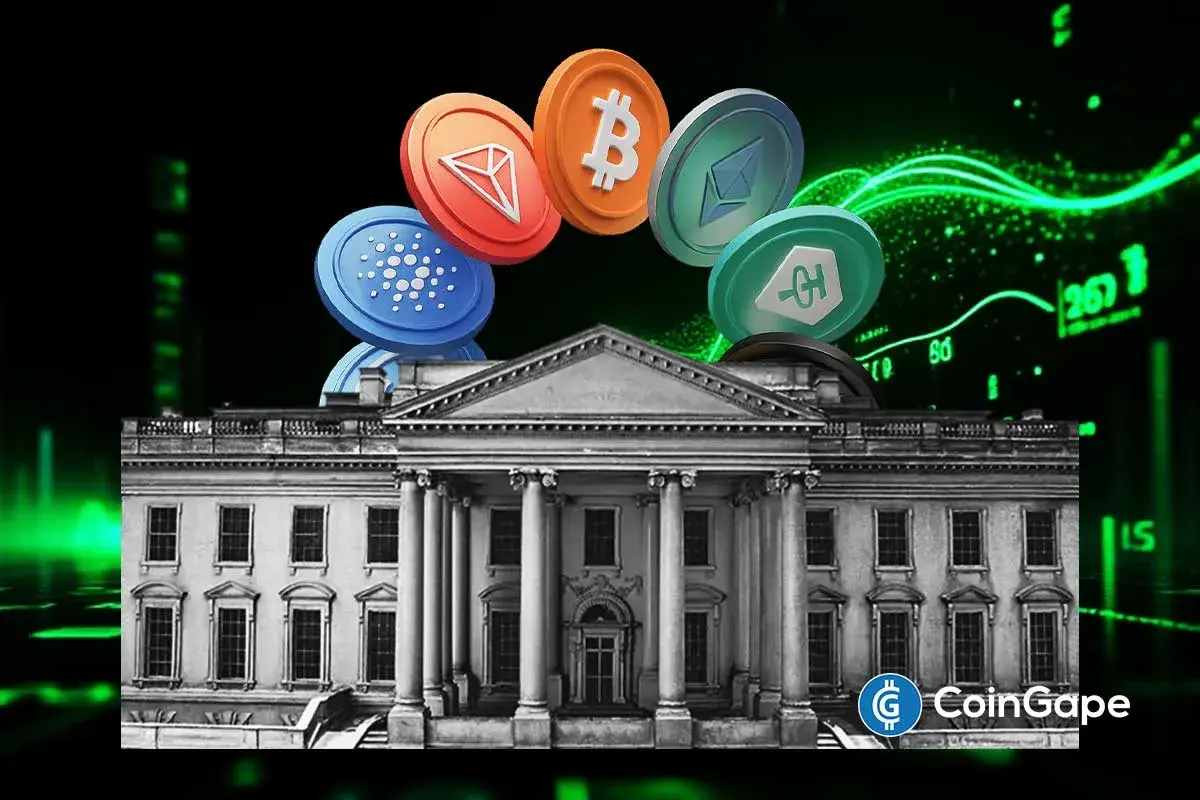US SEC Takes Major Blow In Chevron Howey Test Case, Implication For Crypto

Highlights
- The US Supreme Court has placed a dent on the SEC's basis for Howey Test interpretation
- The apex court said deference to the old Chevron ruling is no longer tenable
- This ruling might impact how the SEC cracks down on crypto firms
The outcome of the high-profile Chevron lawsuit might end the long-drawn crackdown from the United States Securities and Exchange Commission (SEC) in securities cases.
Court Decision Marks the End of Regulators’ Tyranny
On Friday, the Supreme Court overturned a decision that has given federal authorities broad regulatory power for many years.
The 1984 decision in Chevron v. National Resources Defense Council gave agencies like the SEC the leverage to make regulatory changes without the consent of Congress. The case established that courts should defer to the decisions and expertise of regulators when the language of statutes is ambiguous. These regulatory agencies were known for interpreting the laws they are tasked with enforcing.
Chevron being overturned may be the biggest news for the crypto industry ever.
To my understanding, this effectively means that the SEC’s interpretation of the Howey test as to whether crypto assets are securities or not is… irrelevant in court.
Courts will now make their… https://t.co/qAzFYTdcz3
— The Wolf Of All Streets (@scottmelker) June 28, 2024
Armed with such deference, regulators kept taking action on time-sensitive issues while they wait for Congress to pass new laws. Chief Justice John Robert finally came to the conclusion that the Chevron deference rule was no more workable. He stated the fact that the doctrine gives agencies the allowance to change course even without receiving authorization from Congress.
On the other hand, the Biden administration is arguing against the Supreme Court ruling, asking it to leave Chevron deference intact. The administration called it a “bedrock principle of administrative law.”
SEC Crackdown on Crypto Firms
The SEC has constantly cracked down on the operations of several cryptocurrency exchanges including some of the key industry players. The agency strengthened its crackdown based on the existence of this Chevron deference rule. The Commission kept pointing to Howey Test as a basis for shutting down crypto activities on exchanges.
Coinbase, Binance and Kraken are some of the many exchanges that were ostracized by the Commission on accusation of offering registered securities for sale. Even Ripple have a three-year long case with securities regulator on the same matter as the SEC kept referring to XRP as security. Therefore, the decision of the Supreme Court has set a precedent for every pending crypto case.
The Commission currently has a pending lawsuit with Coinbase over denial of Freedom of Information Act (FOIA) request. This case also involves the Federal Deposit Insurance Corporation (FDIC) and the cryptocurrency exchange has asked the court to compel both agencies to release the requested information.
Noteworthy, this new development comes barely a day after the Supreme Court limited the power of the SEC by ruling that defendants in fraud cases have a right to a jury trial in federal court.
Read More: 21Shares Submits Application For Solana ETF
Play 10,000+ Casino Games at BC Game with Ease
- Instant Deposits And Withdrawals
- Crypto Casino And Sports Betting
- Exclusive Bonuses And Rewards

- Bitget Unveils Upgrade For Stock, Gold Trading Alongside Crypto As Part Of Universal Exchange Push
- ChangeNOW Is Settling Crypto Swaps in Under a Minute.
- $3B Western Union Expands Into Crypto With USDPT Stablecoin Launch on Solana
- XRP News: Key Ripple Whale Indicator Turns Bullish After Months, Price Rally Ahead?
- Crypto Market Today: BTC, ETH, XRP, SOL, and DOGE Rally as Geopolitical Tensions Ease
- Pi Network Price As BTC Rallies Above $74K: Can PI Coin Extend Gains to $0.30?
- XRP Price As Bitcoin Reclaims $74K- Is $5 Next?
- Dogecoin Price Outlook as BTC Recovers Above $73,000
- XRP Price Prediction as Iran-U.S. Peace Talks Trigger a Crypto Rally
- COIN Stock Analysis as Bitcoin Retests $72k Ahead of February NFP Data
- Robinhood Stock Price Prediction As Cathie Wood Buys $12M Dip in Bold ARK Move


 Buy $GGs
Buy $GGs

















